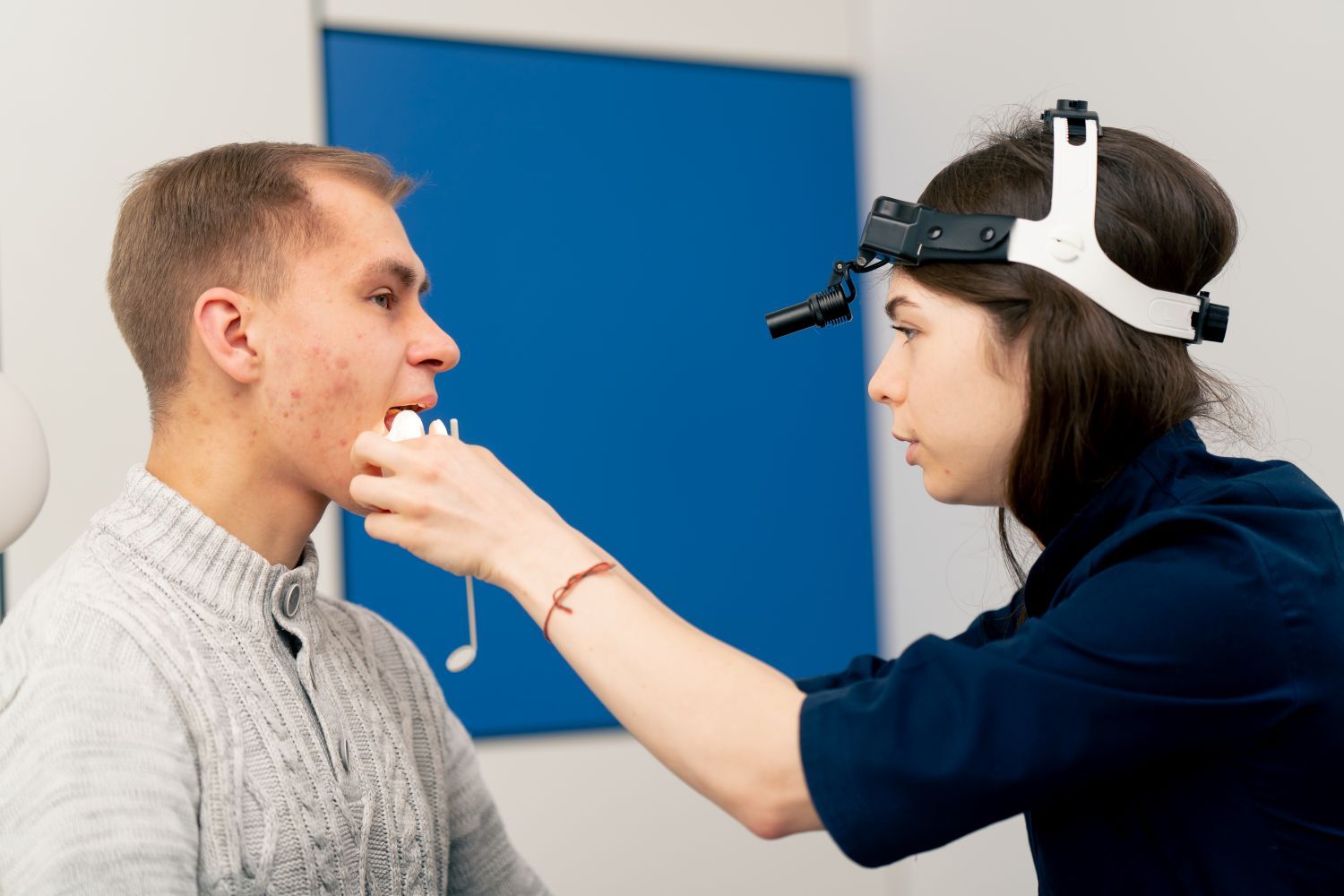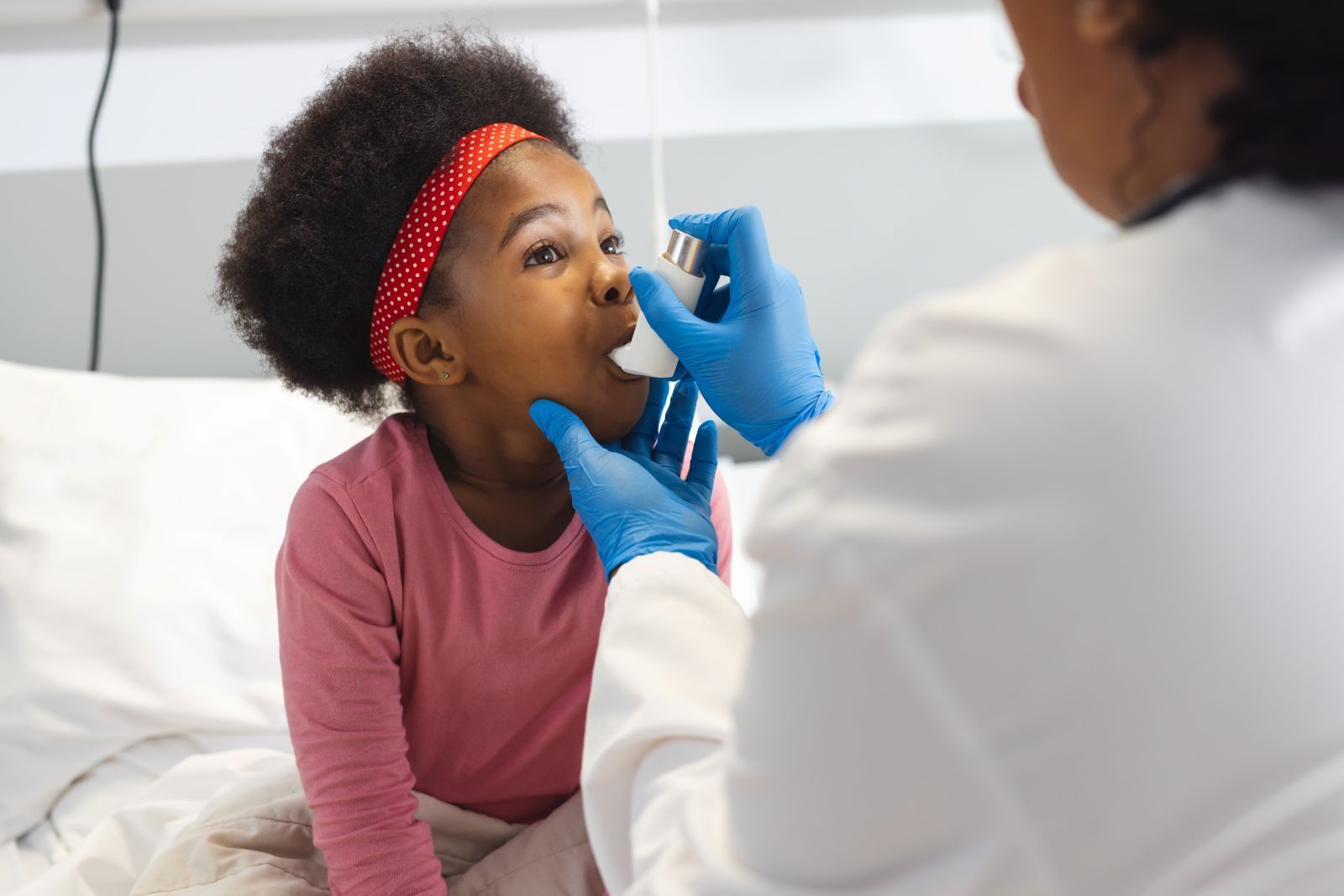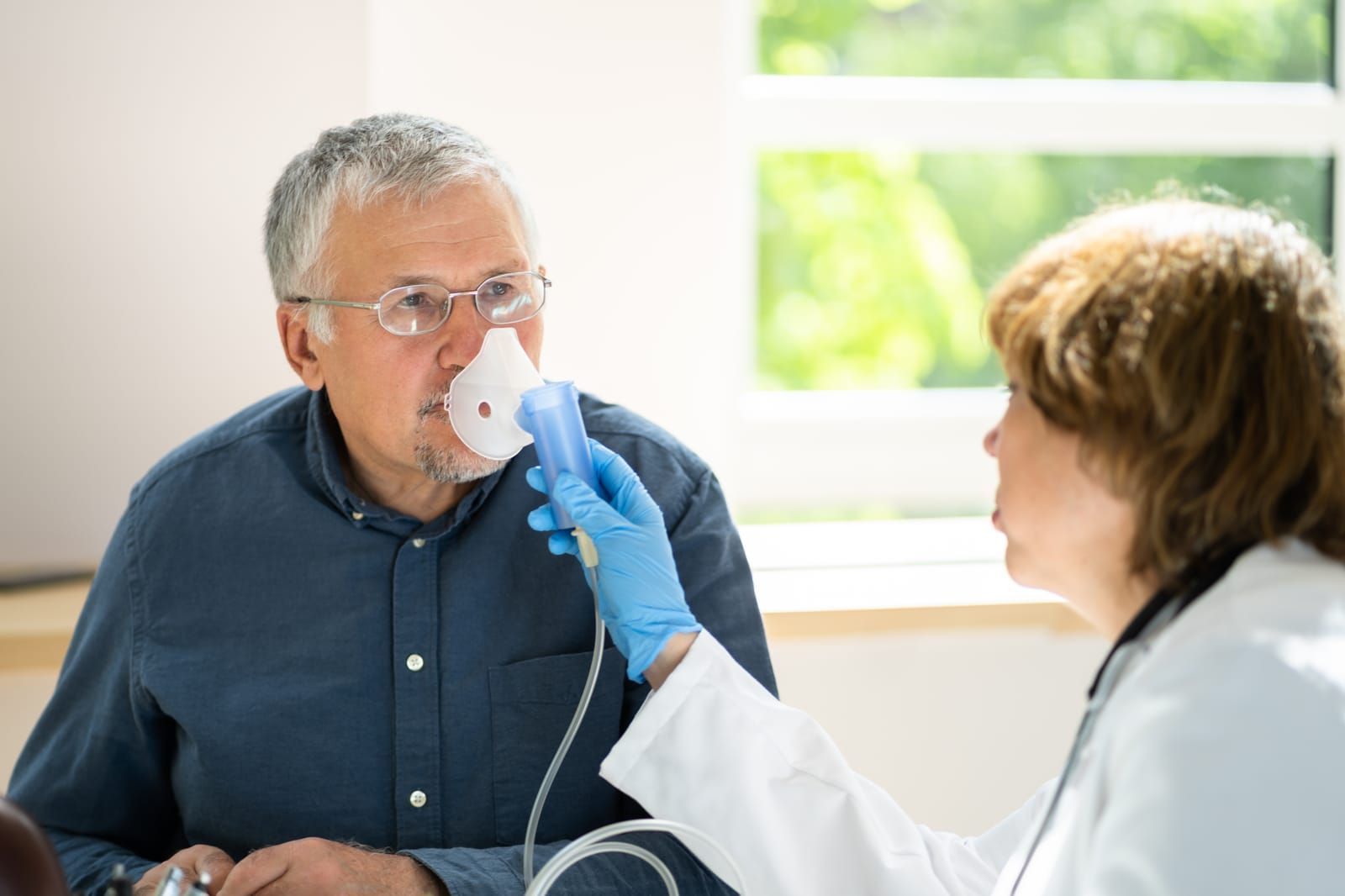Critical Roles That Research Plays in the Medical Field
Research is crucial in the medical field, but most of us are unaware of its role unless we are involved in medicine. So what is medical research? The study of illness and health conditions in people helps researchers clearly understand various diseases. The research process usually involves an examination of patients, data and samples, and finding new methods for detection, diagnosis, treatment, and prevention. Scientists and doctors should perform proper research when gathering information about a patient's health. They should follow specific protocols, such as confirming legal compliance and acquiring regulatory approvals.
Want to know the critical roles that research plays in the medical field? Here are a few of the most important roles:
Research Helps Us Understand Diseases
As mentioned earlier, medical research helps scientists and doctors to understand diseases. They are knowledgeable enough to identify more advanced detection, treatment, and prevention methods that help patients live healthily. The healthcare experts ensure to give the best care to patients. The research discovers vaccines, treatment, X Rays, diabetes, cancer, and other diagnostic tests.
Research Helps Us Identify Proper Cures
A lack of research makes it impossible for medical science to advance further, which exposes patients to potential health risks in the future. Clinical research restricts disease progression by identifying the right medicine.
The cellular-level research of disease and diagnosis currently focuses on gene therapy to cure several cellular-level diseases. Scientists and doctors keep working to find the most effective approach for gene therapy to allow it to quickly proceed into the clinical trial stage.
Research Helps Us Promote Safety and the Potential of Treatment Solutions
Medical research is a crucial element of public health and helps promote the safety and effectiveness of therapies and drugs. As many volunteers participate in conducting research, they can suggest some scientific advancements as and when required. Clinical researchers have discovered many innovative treatment solutions to prevent diseases that have saved millions of lives.
Medical research is not always focused on finding an advanced medicine or treatment method. The trials can also deliver valuable information regarding the advantages and safety of current therapies that help doctors and patients to choose the right treatment option. Clinical trials performed by experienced scientists and doctors are the only way to test the efficiency of a new treatment. Patients who have volunteered to participate in medical research are behind all medicines people have consumed.
In Conclusion
Research has and will always play a crucial role in the medical field as it shows accurate information about a patient's physical and mental health. Research also helps promote the safety and effectiveness of innovative, advanced medicines and treatment solutions. Clinical research requires consistent support and dominance to build more opportunities for medical inventions and innovations.
At Snot Force Alliance, we often take to research collaborations and many other things to help keep our fields of medicine functioning as proficiently as possible. Register for our annual meetings now!












